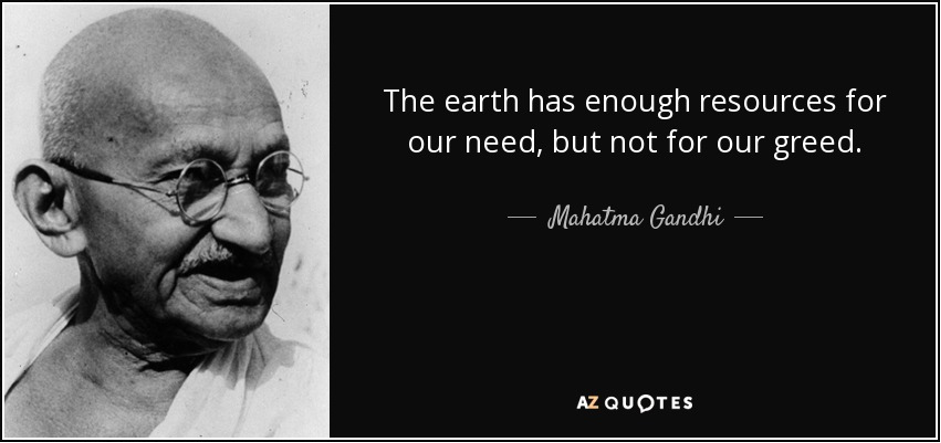There has been much unenlightened debate in the media about firms which had taken the Government wage subsidy and which had not repaid it before they declared a profit.
It seems to me that this is a debate about ethics. The Government had to make a quick call which would save the maximum number of jobs. I know the subsidy saved out family’s little bar and brewery. For that we are really grateful. For most firms this was also the case. The debate is the media judging whether or not the subsidies should have been repaid, as they have by many businesses, by many businesses.
It is up to each of the Boards of Directors to search their consciences on whether or not they should have kept all, or some, of the payment. I thought of this quote from Mahatma Gandhi as I read the newspaper comments:

Here’s the list of firms which took the full subsidy and later declared a profit, and paid out a dividend. The issue is whether or not this was, at a time of community challenge, a good course to follow. Here’s the list of firms which did this:
- ArborGen
- Auckland Airport
- Downer
- Enprise
- Evolve Education
- Fisher & Paykel Appliances
- Fletcher Building
- Fulton Hogan
- Foley Wines
- Freightways
- Geneva Finance
- Green Cross
- Hallensteins Glassons
- Harmoney
- Harvey Norman
- Just Life Group
- Kathmandu Group (+ Rip Curl)
- Kiwi Property Group
- Michael Hill
- Metro Glass
- Marlborough Wine Estates Group
- NZ King Salmon
- NZME
- Oceania Healthcare
- PGG Wrightson
- Rakon
- Restaurant Brands
- Ryman Healthcare
- Sanford
- Skellerup
- SkyCity
- Summerset
- The Warehouse Group
- THL Tourism Holdings
- TIL Logistics
- Turners
In the Guardian this week there was a really interesting article about some of the practices in the business world which has led to two of the larger retailers in the UK this week going into receivership. Essentially both firms had taken the easy, and greedy, path of short-termism. Money men and women scoured out old firms in their short-term interest, hopped into their Tesla (or Ferrari or whatever gets them going) or their helicopter, and headed for the nearest tax haven.
That’s what I am questioning about the businesses in the list above. Is their action in the interests of their company or is it in the interests of the economy, so that it survives in a robust manner?
Here’s the quote from the article and the full article is below:
While it’s convenient to blame the virus for the liquidation of the department store chain, its future looked bleak when the crisis began. As my colleague Zoe Wood has noted, Debenhams never really recovered after a debilitating period in the hands of private equity in the early 2000s. In a textbook example of short-termism, 23 stores were sold and the sites leased back on terms that have made Debenhams unattractive to potential buyers.
Such are the perils of doing business the British way. Green bought Arcadia in 2002 – mostly with borrowed money – cut costs aggressively to raise profits, refinanced on better terms, and extracted a whopping £1.2bn dividend for the company’s biggest shareholder: his wife.
In the early 2000s, this approach was all the rage. Load up on private equity debt, pare investment to the bare minimum, increase short-term profits, and top things off with a bit of financial engineering. With the City of London geared up for these sort of transactions, why waste time and effort innovating and planning for the long term? Green certainly had an eye for a deal; what he lacked was the nous to reinvest some of the profits into building a company strong enough to see off more nimble rivals. Early on, it came from Primark and Zara, but more recently from the pure online retailers, which paid much lower rent and business rates and were even better at cutting costs.
Are there other Arcadias or Debenhams lurking out there? It would be brave to assume otherwise. Corporate debt had been rising for eight years ahead of the pandemic, much of it used to keep shareholders sweet. After the US, the UK was one of the biggest users of share buybacks in 2019, according to the Bank for International Settlements. There is certainly no evidence that rising corporate debt has been funding an investment boom. The loans that the chancellor, Rishi Sunak, has provided have saved many retailers from bankruptcy but the crunch will come when that debt has to be repaid.
Leave a Reply